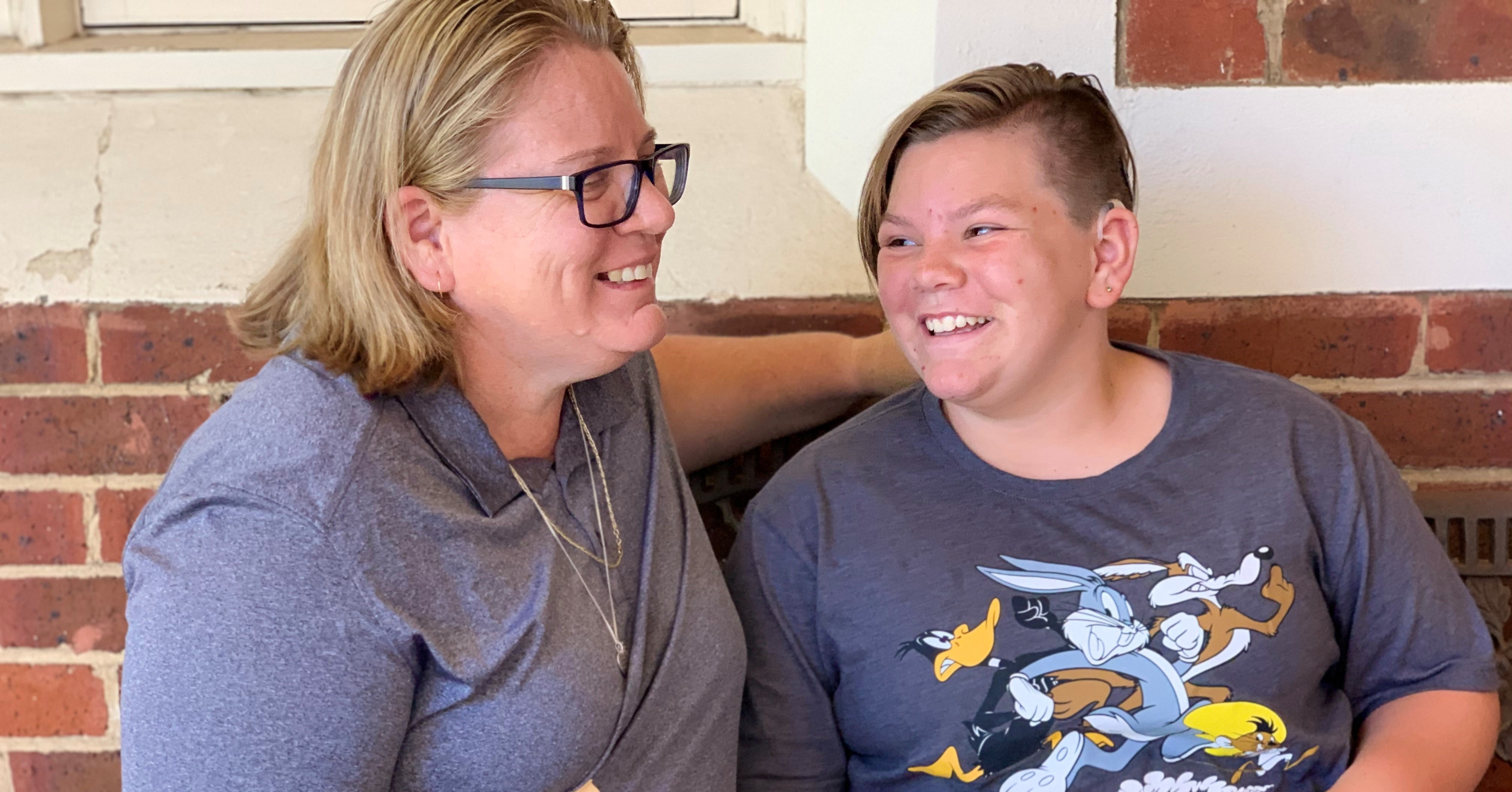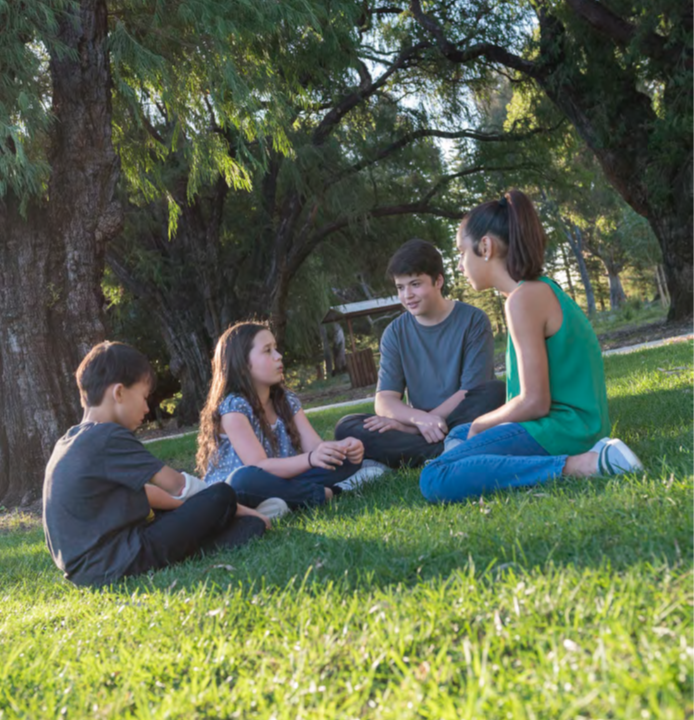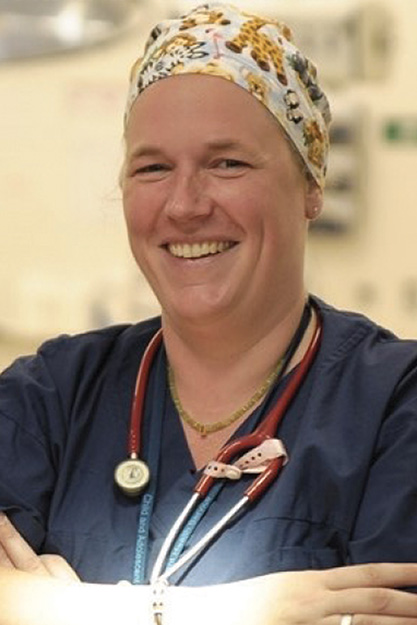Search
Research
Ensuring That Marginalized Young People Feel Welcome, Understood, and Empowered in Health Services: A Qualitative Examination of the Service Needs of Aboriginal LGBTQA+ Young PeopleA lack of appropriate care and discrimination in healthcare settings likely compounds the existing risks to mental health and well-being for Aboriginal and Torres Strait Islander lesbian, gay, bisexual, trans, queer/questioning, and asexual (LGBTQA+) young people. The current study contributes findings from Aboriginal LGBTQA+ young people's perspectives on their health service needs and preferences.
Research
The Association Between Breakfast Skipping and Positive and Negative Emotional Wellbeing Outcomes for Children and Adolescents in South AustraliaThe prevalence of child and adolescent breakfast skipping is concerning, and limited existing evidence suggests an association between skipping breakfast and negative emotional wellbeing outcomes. However, positive emotional wellbeing outcomes have been neglected from research in this space.
Research
Exploring the Experiences of Australian Fathers Who Lead School ‘Dads Groups’Past research suggests that fathers are underrepresented in traditional parenting and child health promotion programs compared to mothers. One promising method to deliver support is a peer-facilitated approach that enables fathers to connect with their peers. This model has been adopted by several community organisations in Australia. However, limited research evaluates the implementation and impact of these services.
Research
Clostridioides (Clostridium) difficile in hospitalised children in CambodiaKefyalew Alene BSc, MPH, PhD Head, Geospatial and Tuberculosis 0404705064 Kefyalew.alene@thekids.org.au Honorary Research Fellow Dr Kefyalew Alene
Research
Koorlangka Dreaming Becomes a Reality: A Moombaki Virtual Reality with Connections to Noongar Moort, Boodja, and KarnarnIn this paper, we describe the developmental process of a culturally grounded Moombaki virtual reality (VR) game. We share how Aboriginal children’s drawings have informed the creation of an interactive learning platform for primary school-aged children attending schools in Wadjuk Boodja. The project focused on connecting students to cultural knowledge through immersive storytelling, creative exploration, and collaborative design by using small group yarning circles and game development activities.
Research
Psychological and self care outcomes for children and adolescents living with type 1 diabetes and their caregivers attending diabetes camp: A mixed methods studyDiabetes camps for children and adolescents living with Type 1 Diabetes (T1D) offer an important opportunity to foster self-efficacy and 'common humanity', a sense that they are not alone in their challenges. The current study primarily aimed to assess whether psychological wellbeing, diabetes self care behaviours and HbA1c improved amongst campers and their caregivers, and whether these would be sustained at 3- and 6-months.
Research
Rheumatic Heart DiseaseRheumatic heart disease (RHD) is the most important cause of acquired cardiovascular disease in children and young adults. Virtually non-existent in most of Australia, it still predominantly affects Aboriginal communities.

Adolescence can be challenging for all kids, but especially for those who are Deaf or hard-of-hearing. New resources developed by The Kids Research Institute Australia aim to make life a little easier.

Can young people experiencing homelessness be part of the solution in suicide prevention? That is the question youth mental health researchers at Embrace at The Kids Research Institute Australia will investigate.

The Kids Research Institute Australia’s Perioperative Medicine team is helping to change global and local practice by finding safer and gentler ways to both undertake surgery, and care for kids and families afterwards.
